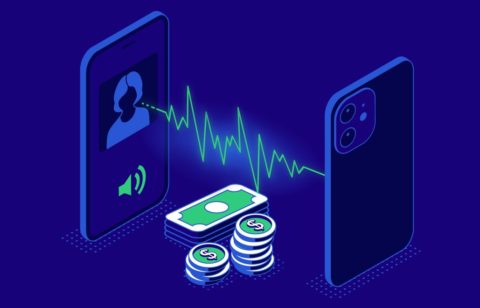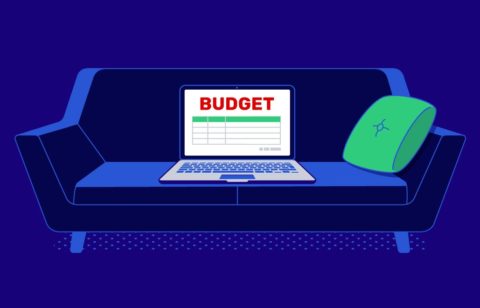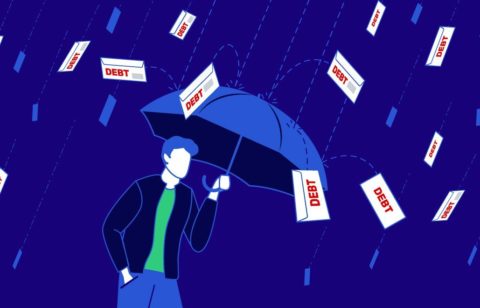Dave Ramsey, the CEO of Ramsey Solutions, is a financial expert who has been offering professional advice through his radio broadcasts since 1992. He is the author of eight bestselling books and the host of The Ramsey Show, the 16th most popular radio program in the United States. In fact, according to his website, over 23 million people tune into his radio shows, podcasts, and videos every week.
Dave’s teachings on money
Here are some of his approaches to managing money:
- Hate debt like the plague
- Budget carefully
- Start a $1000 emergency fund
- Use “snowballing” to pay off your debts
- Put three to six months of living expenses into savings
- Cut up your credit cards
- Invest 15% of your household’s income into pre-tax retirement programs and Roth IRAs
- Pay off your home early
- Fund college for your kids
- Build wealth and donate to worthwhile charities
People Also Read
Snowballing your debts
Dave is credited with having come up with the “snowballing” strategy for paying off debt. The way it works is that you list all your debts, including your mortgage (if you have one), in order from the one with the smallest balance down to the one with the largest.
You then do everything possible to pay off the debt that has the smallest balance. Once you have paid it off, you will have new money available that you can put to work paying off the card with the second smallest balance and so on. Dave recommends this because he believes that when you pay off the debt that has the smallest balance, you will notice that you’re making progress in zeroing out your debts.
This will help keep you on track in paying off the rest of them. The term “snowballing” comes from the idea that as you pay off a debt, you will gain momentum like a snowball rolling downhill. You will also have an increasing amount of money available—again like a snowball gathers snow. Dave even offers a free snowball calculator that can help you quickly organize your debts and get started paying them off.
Planning around your debt
Dave Ramsey also emphasizes certain financial practices that should be done to the best of your ability. Developing habits like adding to an emergency or a rainy-day fund, keeping three to six months of expenses in savings, and putting aside cash for your children’s college education can help keep you out of debt in the future.
Paying off your house
It is a good idea to pay off your house as quickly as possible if you can do so. This could be easier than you think, and there are at least six ways to do it.
1. Add an extra $500 or $600 to all your payments
Just make sure it is all applied to your principal, not your interest or your escrow account. This can free up money sooner than later.
2. Make extra payments
If you can make an extra payment several times a year, you should. This might be more difficult than paying a little extra each month but has the same benefits. You can also speed up the payment process by making a payment every two weeks instead of once a month. If you do this, you could knock off at least six years from a 30-year mortgage.
3. Pay a lump sum
If you receive a monetary gift, a bonus, an inheritance, or a tax refund, use the money to make an extra payment on your mortgage. Alternatively, you could put the money into a savings account and then arrange to have automatic withdrawals made from it to your mortgage loan. That way, you could have money in your savings account and money being applied to pay down your mortgage.
4. Refinance to speed up the process
If you can refinance your mortgage, you should have a lower monthly payment and could then use the money you have freed up to make extra payments. The biggest issue here is called “declining home values,” and your loan-to-value ratio. In addition, you will need a good credit score. But if you were able to get a new 15-year mortgage in place of that existing 30-year mortgage, you could likely pay off your debt much quicker.
5. Reduce your housing costs
Would downsizing or selling your home and moving to a smaller one make sense? That will depend largely on how old you are and how old your children are. But if it makes sense, you could end up with a more affordable home and a much lower monthly payment.
6. Use your retirement savings
Using money from your retirement fund to pay off your house comes with its pros and cons. Paying off your mortgage can free up cash for other uses. Using 401(k) funds could potentially give you a reduction in mortgage payments and the chance to build an estate plan. However, you reduce your retirement assets if you choose to take this route. In addition, this can lead to tax implications and a loss of tax savings.









